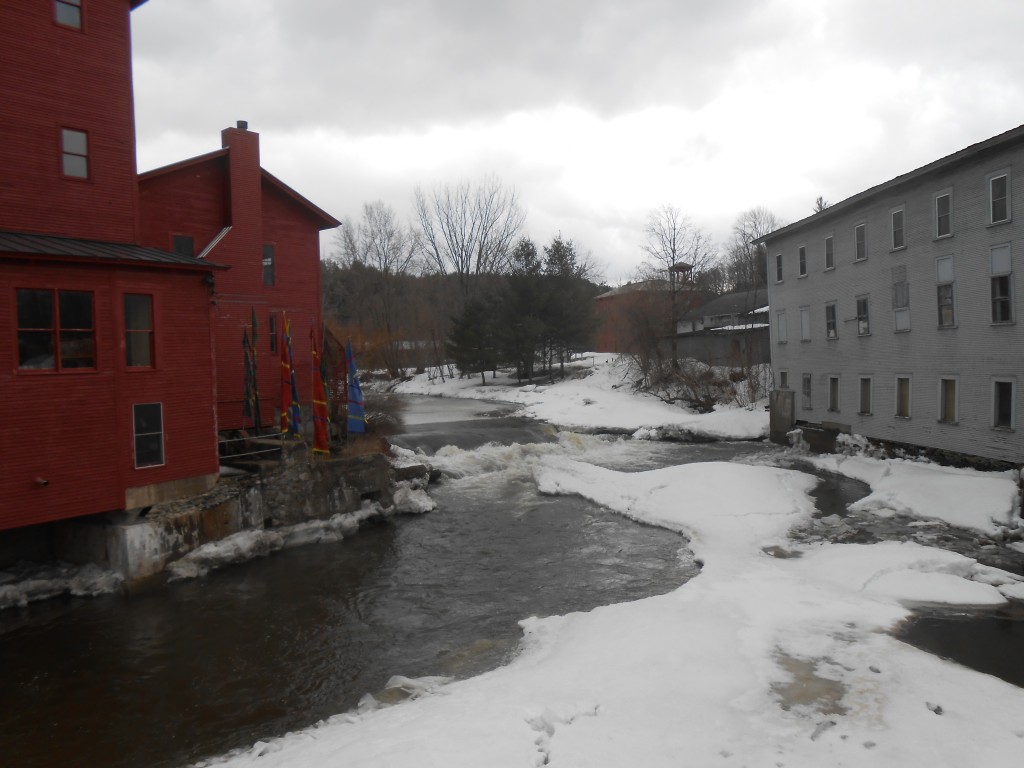I’m late with this post. Some crises of life have intervened and, at the moment, are ongoing. My attentions are focussed on that, so I don’t have the patience or organization of thought to sit in one place long enough to write. Instead, I am posting a small essay I wrote in 1998, for a class in the Johns Hopkins writing program. I should, at some point, re-examine this question, consider why I write now, and whether the reason has changed. But here is what I felt then, and for all my life before:
WHY I WRITE:
Why do I write? Right now, I’m writing because characters keep coming into my head–characters with pasts and with futures that I have to get down on paper, or no-one but me will know they exist, and they’ll fade away. Last year, or the year before, perhaps, the driving motivation was often something specific I wanted to say–political, philosophical–events or conflicts that brought on a Swiftian anger which writing (and expressing to a public) relieves. But, when I started writing, in my teens, I just wanted to have fun. To play.
There was nothing dramatic in the decision. Reading, discussing literature, and writing were in the air all around me while I was growing up. My father, my mother, and my brother (who is nine years older than myself) all read to me. The three of them talked about literature around the kitchen table. There were always books–history, philosophy, linguistics, mathematics, art, dance, mythology, poetry, and fiction, above all, fiction–read to me, handed to me, suggested to me. Also, although I don’t think either of my parents ever published anything, my father had, before I was born, written stories and poems. My mother wrote witty, artistic letters which really could have been short stories or the basis for them. And she would come to my father the way one comes to an editor: to comment, to suggest revision, to suggest a flourish. My brother, in school, also wrote creative fiction–pieces that, these days, might be called experimental (who knows?)–like his own version of The Odyssey, or a satire in which a poor country’s ambassador to the United Nations writes home to his president. But that’s what I mean by “in the air.” It was just there.
The attitude toward writing was that one should have a sense of play. Not take it too seriously. Just take in the technique of this or that writer and feel free to try it out for oneself. And that’s how I started. Playing with styles, with words, with ideas. I wrote a story in the style of Louis Carroll. I wrote a dialogue in the style of Tom Stoppard in which two actors argue about whether they should take their bows for acting in his play, Rosencrantz and Guildenstern are Dead. I wrote a story in which Oscar Wilde’s entrance into heaven depends upon the literary assessment of his works by a jury of fellow writers. (I didnt’ write about personal things because I hadn’t lived enough then. And I don’t write directly about personal things now, because I can only write poorly about things that are too close to the heart.)
Then two things happened. I taught myself to draw. And I became a lawyer. (The latter can be blamed on my father, who handed me Irving Stone’s Clarence Darrow for the Defense when I was twelve.) After working all day writing legal decisions, it was much easier to draw or paint than to sit down again and try to write. So, for many years, I thought about writing but didn’t do much more than make notes on possible themes, or set down snatches on possible plots and characters.
What got me back to writing? There’s nothing like a few deaths to make one realize they can’t put things off forever, to give one that kick in the bum. My mother had always looked at my art work and said, “That’s nice, Jess, but you should be writing.” When she died, I thought, if not now, when? So I began again. I found I had some things to say about politics (in the broad sense of the word), and philosophy–about my view of the world–and I used poetry as the means of expression.
At the same time, I kept telling my father about an idea I had for a novel, and he kept telling me not to tell him the story, but to write it down. Then he died. And that was the kick in the backside that got me to actually sit down and write the novel. The characters became, and still are, very real to me. It’s not that I don’t know the difference between fiction and reality, but, even with the novel completed, I can sit anywhere and have my characters wandering in my head in new adventures, and in conversations with each other which will play and replay with variations.
There are a number of short stories I’ve written that some people say should also be novels. While I think these stories really are short stories, I also think to myself–well, I could make them into novels as well. Then those characters start wandering about in my head, expanding their worlds, their histories, their adventures. Somehow, I’ve moved from playing with ideas to creating universes and, in some odd sense, living in all of them as well as the real one, simultaneously. And now, while I generally still do have some particular point I want to make with a story, and that desire to make the point sets me off, I suspect what keeps me at it is creating those worlds. That’s why I write. This year, anyway.

